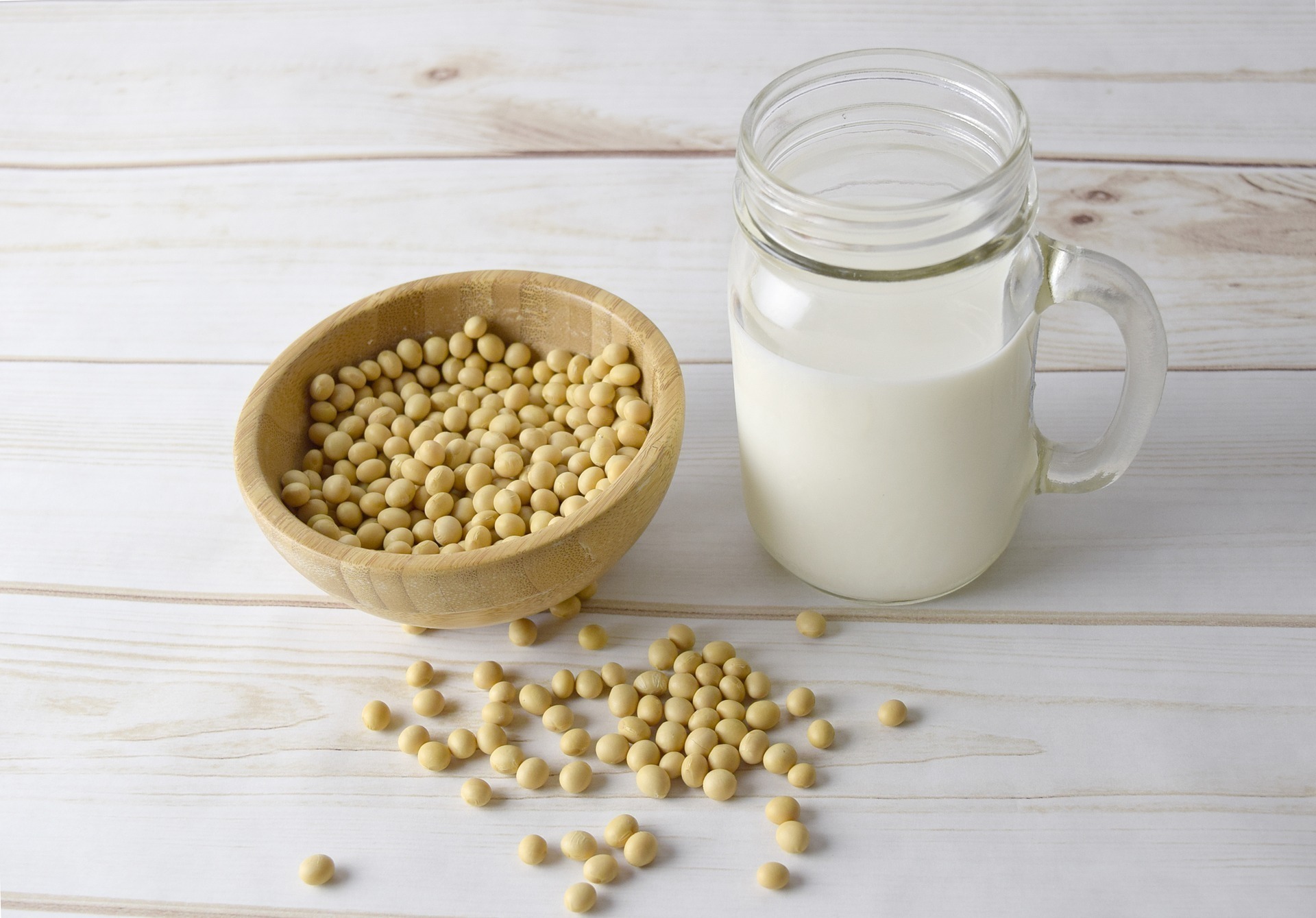
If you buy coconut, rice, almond or soy milk from the grocery store, chances are you are buying one that has a known carcinogen in it: carrageenan.
If you purchase pasteurized milk at the grocery store, you are also purchasing a product with a potential carcinogen in it: carrageenan.
Do you buy organic food? If you do, you are probably looking for food that has a higher quality than conventional food, and something that hopefully stands a little better in terms of nutrition. There is no doubt that buying organic food is the way to go when you are looking to avoid pesticides and herbicides, as well as genetically modified ingredients.
Many people assume that food that is labeled as USDA Organic is void of dangerous ingredients and chemicals – and you may be shocked to know that a known carcinogen is actually permitted in food that holds the USDA Organic label.
Shockingly enough, most of the items you buy in a box, carton or a wrapper probably aren’t what they are cracked up to be – especially if they are touted as being “all natural” – even organic items can have their quirks.
Discovering Carrageenan
I’ve known about carrageenan for a few years – but before I had a passion for whole foods, I was purchasing organic milk at my grocery store. While I thought organic milk was the best option for my family, it wasn’t until my husband starting having ulcerative colitis following his military deployment that I started to really look harder at the things we used on our body and put in our mouth.
Over the course of a year, we gradually worked our way out of the supermarket scene to find local sources for our food – produce, meat, eggs, and milk. Our local raw milk dairy farm owner is passionate about health, and took considerable time to ensure that her milk customers were understanding of the health benefits of raw dairy and the government agenda behind it.
When we did make the switch, we found ourselves feeling better – instead of dealing with ulcerative colitis through prescriptions, my husband opted to tackle it through dietary and lifestyle changes and saw success. However… friends and family were quick to mention that they would never consume milk because they were trying to stay away from carrageenan.
Got it. I can understand why people would want to steer clear of the popular additive. But one of the common misconceptions about milk and dairy is that all dairy is the same – unfortunately pasteurized and raw dairy are two completely different items (raw milk does not have carrageenan while pasteurized milk does).
What is Carrageenan?
Carrageenan is a highly processed food additive that is derived of seaweed (red algae), and is used as a food thickener and stabilizer. It has been used most recently in modern processed food to include non-dairy milks (hemp, coconut, almond, soy, and rice milk), and in most if not all commercial dairy products to include those that are low and no fat. (low fat and no fat generally isn’t a healthy option)
There are two types of carrageenan, including undegraded and degraded – undegraded has been approved for use in food products. It’s relatively inexpensive, and it’s non-animal derived, so it’s relatively favored with most companies including those that sell organic and natural products.
Carrageenan serves as a fat replacer or a sort of stabilizer that thickens and improves the texture of in dairy substitutes and in low fat or no fat commercial dairy products. Consuming low fat or no fat isn’t necessarily good for your body, for the sheer fact that full fat items contain saturated fat, which keep you full and steady your blood sugar for longer periods of time.
Dr. Andrew Weil has studied and written about the effects of carrageenan on human health since 2002 – he writes that undegraded carrageenan that is widely approved for use in foods, has been associated with stomach problems and malignancies.
In 2012, Joanne K. Tobacman, a Medical Doctor who published several peer reviewed studies, did research that shows that exposure to undegraded carrageenan causes inflammation. Inflammation can lead to Alzheimers,’s Parkinson’s, heart disease and even cancer. In past instances, drug investigators used carrageenan on laboratory mice – when exposed to low concentrations for 18 days, these lab mice developed glucose intolerance and insulin resistance.
Most studies done on carrageenan fall with the degraded category, therefore many scientists and industry experts will be the first to mention undegraded carrageenan doesn’t carry the same effects or results. However… the Cornucopia Institute tells us otherwise:
When the industry tested its food grade carrageenan (undegraded) for the presence of degraded carrageenan, the results showed that every sample had at least some degraded carrageenan, some with results of up to 25%. (source)
Here’s why we need to be concerned about carrageenan in our food:
- Research shows that carrageenan exposure is linked to inflammation. (source)
- Inflammation can lead to Alzheimers, Parkinson’s, heart disease and even cancer.
- Carrageenan exposure in mice has resulted in glucose intolerance and insulin resistance. (source)
- Research from the National Institute of Health pinpoints the exact metabolic process by which inflammation is triggered by carrageenan.
- Degraded carrageenan has been found in food grade carrageenan, in some cases up to 25%. (source)
Takeaway for Consumers
To avoid the risk of consuming carrageenan, don’t put too much trust in marketing to look out for your best interest. Be aware of the ingredients in your favorite products to determine if they are something you should buy.
If you prefer cow milk, look for a raw milk farm in your area. Or, if you aren’t up for raw dairy, make your own non-dairy variety of milk at home. You can also look for varieties that don’t have carrageenan using this reference.
- Avoid rice milk, almond milk, and soy milk with carrageenan and opt for varieties that don’t have carrageenan.
- Avoid low fat or no-fat dairy, and dairy substitutes – which all typically have carrageenan.
- Be aware that pasteurized milk has carrageenan – including organic varieties.
- Check the labels on your commercial pet food, most of which has carrageenan.
- Opt to breastfeed over using commercial baby formula – as most commercial infant formula including organic varieties, have carrageenan.
- Opt for toothpaste varieties that don’t have carrageenan (many organic toothpaste varieties do).
- If you are a cow milk drinker, your best option is purchasing raw milk from a local farmer you trust – who avoids using hormones or antibiotics. Raw milk does not have carrageenan and has a myriad of health benefits.
You may want to bookmark the Cornucopia Institute Shopping Guide to learn how you can avoid Organic Foods without carrageenan as it details everything from non-dairy milk to sour cream, cottage cheese and much more.
Do you try to avoid carrageenan? Or do you frequently find yourself referencing this list of products to determine what does or doesn’t have this additive?
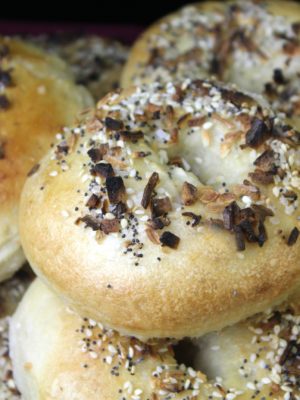
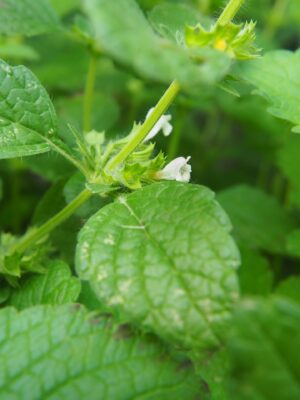
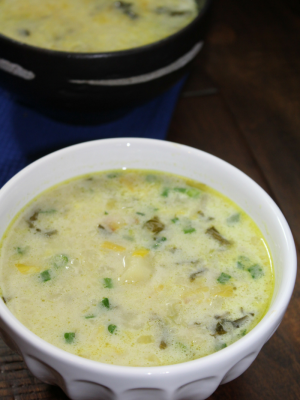
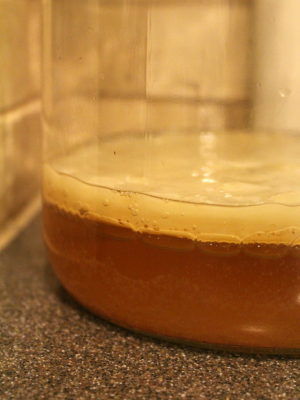
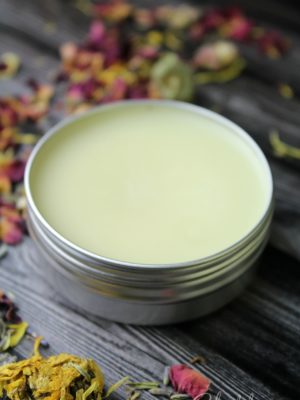
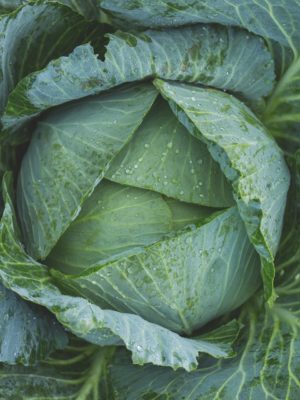
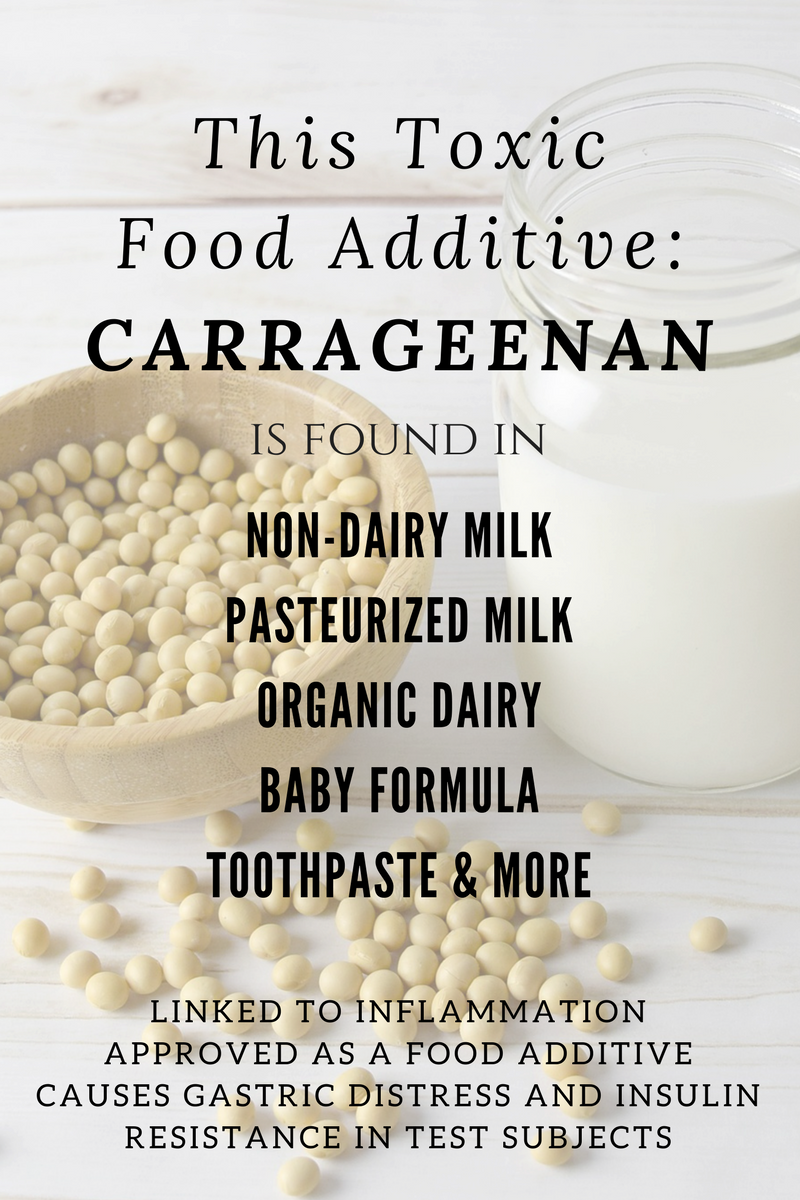

Leave a Reply